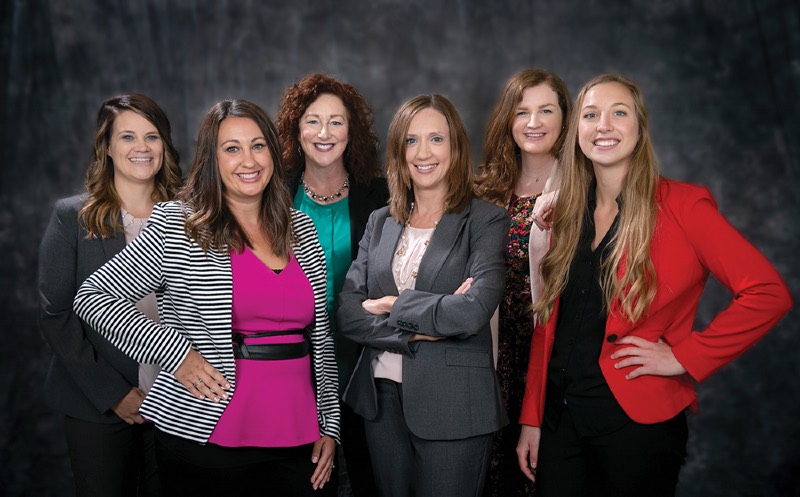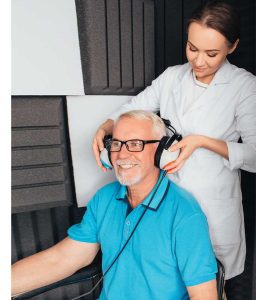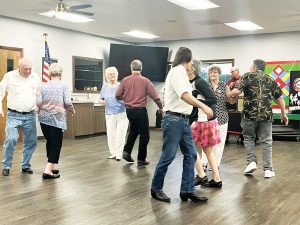Hearing loss currently affects more than 36 million Americans and is the third most common health problem in the United States. Although hearing problems are commonly associated with advanced age, more than half of all hearing-impaired persons are younger than 65. Unfortunately, loss of hearing is something that even affects infants and newborns. It is a problem that has grown in magnitude and scope at an ever-younger age with the increased use of personal music players (MP3s, cell phones, etc.) with earbuds, and attendance at high volume concerts and sporting events.
What Are the Types of Hearing Loss?
There are three types of hearing loss—sensorineural hearing loss, conductive hearing loss, and mixed hearing loss.
Sensorineural Hearing Loss
Sensorineural hearing loss is the most common type of hearing loss. It occurs when the inner ear nerves and hair cells are damaged—perhaps due to age, noise damage, or something else. Sensorineural hearing loss impacts the pathways from your inner ear to your brain. Most times, sensorineural hearing loss cannot be corrected medically or surgically, but can be treated and helped with the use of hearing aids.
Conductive Hearing Loss
Conductive hearing loss is typically the result of obstructions in the outer or middle ear—perhaps due to fluid, tumors, earwax, or even ear formation. This obstruction prevents sound from getting to the inner ear. Conductive hearing loss can often be treated surgically or with medicine.
Mixed Hearing Loss
Mixed hearing loss is just what it sounds like—a combination of sensorineural and conductive hearing loss.
As with any medical condition, it’s best to know what you “have” before deciding what to do about it. A consultation with a medical professional from Peoria Ear, Nose, & Throat Group can help determine the type, cause, and degree of your hearing loss.
What Are Some Signs of Hearing Loss?• Difficulty hearing people in noisy environments such as in a restaurant, at a shopping mall, or in cars.• People seem to “mumble” all the time.• Family, friends, or colleagues often need to repeat themselves when speaking with you.• Trouble understanding people when they are not facing you.• Trouble following conversations.• Hearing ringing, buzzing, or hissing sounds in your ears, especially in quiet environments.
Hearing Loss Statistics:
• Nearly 33 percent of adults 70 years and older have a hearing loss that impacts daily their communication and daily activities.• Less than 25 percent of adults with significant hearing loss use hearing aids.• On average, it takes people 7 years to seek treatment for hearing loss from the time they feel they are affected.• Hearing loss can make it more difficult to interact with peers and can lead to decreased social engagement, depression, or bad moods.• Even a mild hearing loss substantially increases the risk of falls.
According to the American Academy of Audiology, adults and even children with untreated hearing loss are less likely to participate in organized social activities, which understandably can lead to isolation and depression as the sounds of life start to fade away. Longstanding, untreated hearing loss can ultimately contribute to dementia, cognitive decline, and an overall decrease in quality of life.
Now more than ever, our sense of hearing keeps us connected in a world where face-to-face interactions have become almost non-existent. For many, the need to communicate via the phone or an interactive meeting app such as ZOOM has become a staple of everyday life. Even for those amongst us that have “learned to live” with their hearing loss by relying on facial cues and lip reading, the new normal of mask wearing makes that almost impossible.
Fortunately, the technology behind today’s treatment options, available through the Doctors of Audiology at Peoria Ear, Nose, & Throat Group, have come a long way from our “great-grand parent’s hearing aids” that constantly made squealing noises, looked bulky. and were uncomfortable to wear. Heck, they sometimes didn’t work at all and certainly made the wearer look older than they actually were! Today’s devices range from fitting comfortably behind the ear, to in the ear canal and can be so small that it is virtually impossible to tell someone is actually wearing an aid. They can be capable of pairing to smartphones or other blue tooth devices for volume adjustments and streaming phone calls, adjustable to any listening environment and can even detect a fall and send an alert to a loved one. Hearing aid manufacturers, such as Starkey and Phonak are constantly improving their devices to keep up with the real life demands of today’s user, to the point that hearing aids today can be more aptly described as “Healthables” for users of all ages. They can come complete with Artificial Intelligence (AI) capable of performing language translation, transcription, “body tracking” (step count, exercise, and standing up periods of time), “reminders” (for medications), “find my phone” technology, etc.
Does it seem that everyone has started mumbling over the past several years? Do you notice that you are continually repeating yourself to your mom or dad over family dinner or get-togethers? Has grandma stopped engaging in conversations? Is your spouse withdrawing from social activities that they once loved? These might be signs that it is time to consider taking the next step by having a hearing assessment with our medical professionals. Everyone should be able to partake in the beautiful and subtle sounds that life has to offer, from birds chirping, the cat purring, coffee brewing, to a grandchildren’s first words or an “I love you” from a family member or close friend.
Hearing loss does not have to be something that a person learns to live with. Hearing is not a luxury, so why not get the help you or a loved one needs? With the broadening horizon of hearing aid technology and the care of our dedicated team, hearing health has never been easier to achieve. The Doctors of Audiology at Peoria Ear, Nose, & Throat Group care about you and your hearing. Stop missing out on the sounds of life that matter most. Isolation, depression, dementia, and increased risk of falling from hearing loss can be reduced or prevented. Call us today and schedule an appointment with our Doctors of Audiology to Hear What You’ve Been Missing!
With diagnostic testing and ongoing support and care, Peoria Ear, Nose & Throat Group can help guide you to a clear path to better hearing, and a more enjoyable, engaged lifestyle.
Hear What You’ve Been Missing! Call us today to schedule an appointment: (309) 589-5900
Check out more articles from 50 Plus News and Views Greater Peoria Area today!










